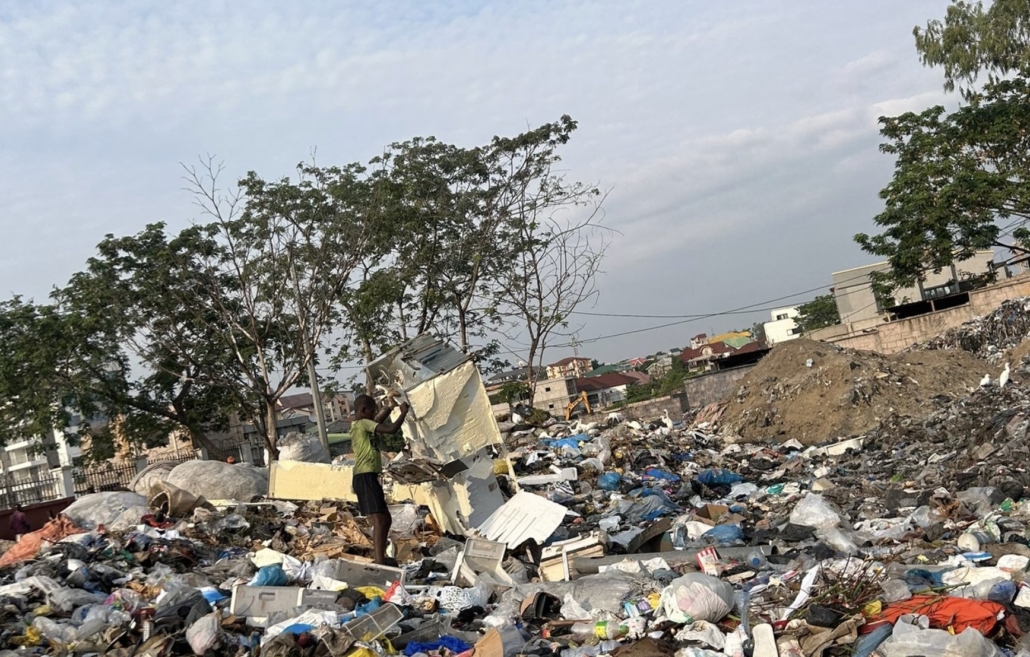Everything to Know About Poverty in the DRC
 The Democratic Republic of Congo (DRC), despite its vast mineral wealth, faces significant challenges in socio-economic development due to high poverty levels. Political corruption, limited economic opportunities and ongoing conflict all contribute to the persistent poverty in the country. The following is a brief look into the extent and causes of poverty in the DRC.
The Democratic Republic of Congo (DRC), despite its vast mineral wealth, faces significant challenges in socio-economic development due to high poverty levels. Political corruption, limited economic opportunities and ongoing conflict all contribute to the persistent poverty in the country. The following is a brief look into the extent and causes of poverty in the DRC.
Causes of Poverty
Gaining insight into the factors contributing to poverty is essential when analyzing the situation in the Democratic Republic of Congo. According to the International Trade Administration, the country holds significant untapped potential. In 2020, it emerged as the leading cobalt producer, accounting for 41% of global production, and ranked sixth in diamond production with 3.7 million carats. Despite agriculture being the largest sector, it has not effectively mitigated poverty, which has persisted for decades.
Statistics and Reasons for Poverty in the DRC
According to the World Bank, a significant portion of the population in the DRC, approximately 60 million people or 62%, live on less than $2.15 per day as of 2022. In 2021, the GDP per capita in the DRC was $577.20.
The prevalence of political corruption has been a major contributor to the high levels of poverty in the DRC. Political interests have taken precedence over crucial socio-economic matters, hindering the country’s development. The nation has faced persistent political conflicts due to lengthy presidential reigns, further exacerbating the challenges that citizens face.
Rather than prioritizing economic development and improving the lives of people, political issues and policies have taken precedence in the DRC. According to Africa’s Organised Crime Index, low salaries and poor treatment within the police force have resulted in a lack of seriousness in addressing monetary-related crimes, allowing perpetrators to evade punishment.
The life expectancy of a Congolese person at birth is only 59 years, as reported by the World Bank in 2021. This figure is significantly lower compared to many other countries, such as the U.S., where the average stands at 76 years. The underdevelopment of public sectors, coupled with low-income levels for the majority of Congolese people, perpetuates the cycle of poverty in the country.
Taking Action
Oxfam, an organization that has been working in the DRC since 1961, has played a vital role in promoting sustainable access to water and good hygiene practices. Through local initiatives, communities and schools have received the necessary support to maintain their access to these essential resources. Oxfam’s impactful efforts include providing life-saving aid to 700,000 displaced individuals, ensuring access to clean water and food.
Coopi, an Italian humanitarian organization, is also actively engaged in the DRC. Its initiatives encompass various areas such as providing free health care, offering support to malnourished mothers and children and promoting agricultural activities by assisting farmers in cultivating and marketing their products.
These organizations, among others, are committed to improving the living conditions of the Congolese people. By imparting knowledge on securing basic needs, they contribute to positive changes in poverty levels in the Democratic Republic of Congo.
– Christelle Wealth-Mukendi
Photo: Courtesy of Christelle Wealth-Mukendi
